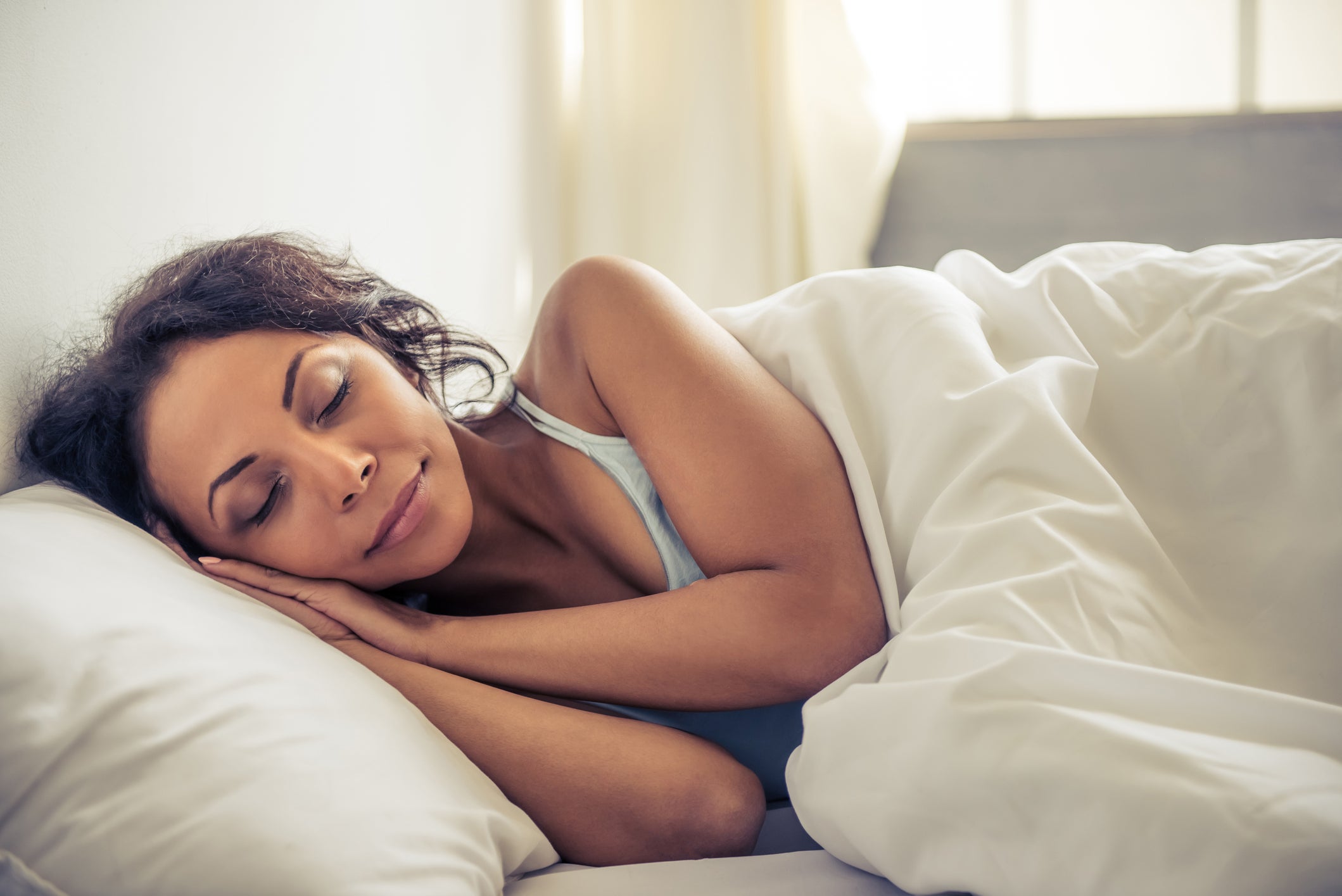The reason why Brits are sleeping more now than they did in the 1970s
The nation may not be as sleep deprived as people think

Your support helps us to tell the story
From reproductive rights to climate change to Big Tech, The Independent is on the ground when the story is developing. Whether it's investigating the financials of Elon Musk's pro-Trump PAC or producing our latest documentary, 'The A Word', which shines a light on the American women fighting for reproductive rights, we know how important it is to parse out the facts from the messaging.
At such a critical moment in US history, we need reporters on the ground. Your donation allows us to keep sending journalists to speak to both sides of the story.
The Independent is trusted by Americans across the entire political spectrum. And unlike many other quality news outlets, we choose not to lock Americans out of our reporting and analysis with paywalls. We believe quality journalism should be available to everyone, paid for by those who can afford it.
Your support makes all the difference.For many people, feeling sleep deprived on a daily basis is something that they’ve had to become used to in order to keep up with their hectic lives.
Heavy workloads and busy social calendars can easily take their toll on your ability to catch some Zs after a long, hard day.
However, according to recent research, Brits are actually sleeping more now than they did four decades ago.
A study conducted by the University of Oxford explored the way in which people’s sleeping habits have changed between the 1970s and today.
The team analysed data compiled from various studies over the years, which detailed the sleeping patterns of thousands of people.
Despite the widespread belief that people are catching less shut-eye nowadays, the researchers concluded that this isn’t actually the case.
The study, which was published in the Journal of Sleep Research, found that Brits are sleeping approximately 43 minutes more than they were in the 1970s, with the majority of adults going to bed half an hour earlier and waking up around 15 minutes later.
This is due to a decline in what the researchers described as “work-sleep conflict”, meaning that Brits are finding it easier to balance the demands of work with a good night’s sleep.
The researchers stated that the average time that Brits spend asleep has increased from seven hours and 23 minutes in 1974 to eight hours and six minutes in 2015.
The employment status of the individuals also had an impact on the amount of time that they spent in bed.
Those who are unemployed now sleep around an hour more than they did in the 1970s, with those who are employed sleeping for 45 more minutes a night and those who are retired sleeping for 27 more minutes a night.
The researchers believe that their findings indicate that there might be less cause for concern over the sleeping habits of the nation than previously thought.
“There is a view that sleep has declined over recent decades, and that sleep deprivation has reached epidemic levels, with jobs most often blamed for this,” they state.
“The analysis shows that sleep has increased in the UK over the last four decades by 45 minutes on average, and a similar increase is found for individuals in employment.”
Earlier this year, a study published in the journal BMC Public Health found that having both too little and too much sleep can lead to a variety of health conditions, including having high blood pressure or elevated cholesterol levels.
Join our commenting forum
Join thought-provoking conversations, follow other Independent readers and see their replies
Comments